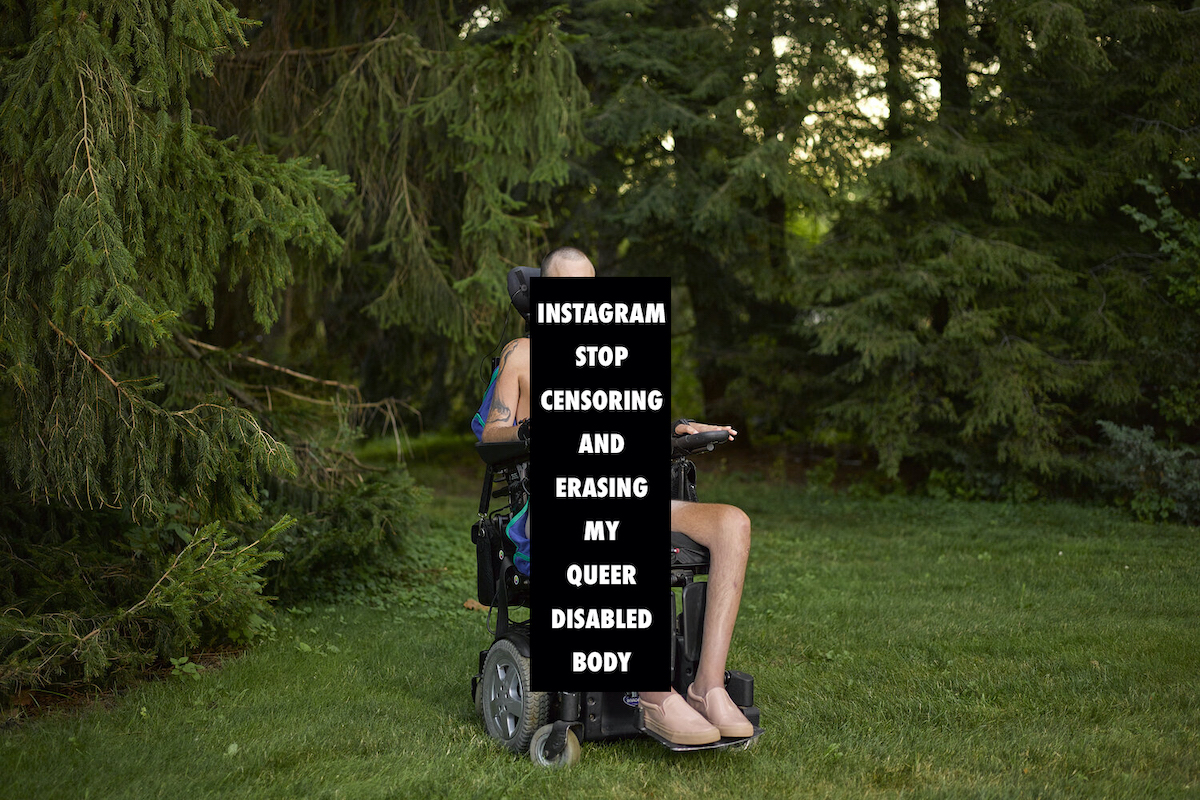[ad_1]
Organizers and activists of the Don’t Delete Artwork (DDA) motion are pushing again in opposition to digital surveillance and artwork censorship in a daylong on-line name to motion. At present, July 26, DDA is inviting artists and different creatives to lift consciousness and make contact with their lawmakers a few sequence of pending payments and legal guidelines that search to limit digital freedoms underneath the banner of bettering baby security on-line.
In collaboration with the American Civil Liberties Union (ACLU), the Nationwide Coalition In opposition to Censorship (NCAC), Battle for the Future, the Digital Frontier Basis (EFF), and the Woodhull Freedom Basis, DDA is looking consideration to a myriad of proposed “Unhealthy Web Payments” meant to enhance protected net use for minors that they are saying will seemingly backfire and trigger extra hurt. In the identical vein because the bipartisan-backed 2018 FOSTA-SESTA passing that was proven to have detrimental to lethal impacts on the security and revenue of intercourse employees and result in elevated censorship of nudity and sexuality in artwork on-line, the brand new payments in query will additional disenfranchise marginalized communities within the identify of stopping kids’s entry and publicity to harmful content material, DDA says.
The lately revived EARN IT Act and the newly launched Cooper Davis Act would require net service suppliers to actively examine user-generated content material for baby sexual abuse supplies (CSAM) somewhat than simply flagging and reporting current materials, enabling the federal government to undermine end-to-end encryption to entry non-public communications comparable to direct message. The Youngsters On-line Security Act (KOSA) would have service suppliers impose filters that might block any content material deemed unsafe for minors (as determined by the attorneys normal) and in addition ramp up digital surveillance.
Different payments on the record, like STOP CSAM and the RESTRICT Act, could have comparable impacts that afford the federal government overarching management to entry non-public communications and maintain service suppliers accountable for “harmful content material.”

A spokesperson for DDA, which has been actively platforming artists whose work has been eliminated or flagged by Instagram and different social media platforms for delicate content material (normally nudity), advised Hyperallergic that the above payments current “a profound hazard to inventive expression on-line — significantly that of already-marginalized teams like LGBTQ+ and girls artists.”
“Laws like this incentivizes web sites and platforms to erase and surveil the content material of marginalized communities — together with inventive expression — which should be protected on-line,” the spokesperson continued. “When artwork is censored and suppressed on-line, it negatively impacts not simply the artists who create it, however the public and humanities communities that not have entry to it.”
As there’s energy in numbers, DDA is encouraging artists to lift consciousness about these pending payments to their inventive communities by way of social media by solely posting about “Unhealthy Web Payments” in the present day, July 26. The activists behind the challenge have created informational graphics and testimonial slides for artists to simply repost on-line, and an accessible useful resource toolkit outfitted with a script and bulleted speaking factors to deal with when calling lawmakers to precise opposition to the proposed payments. Final month, members of DDA staged a daylong motion throughout which they leafletted 5 Manhattan artwork establishments earlier than protesting outdoors Meta’s Manhattan places of work.
“Whereas the US authorities just isn’t explicitly directing web sites and platforms to erase and censor artwork in these payments, we all know that laws like this straight leads to the chilling of freedom of expression on-line — one thing we witnessed after the passing of SESTA-FOSTA,” the DDA spokesperson stated.
[ad_2]

